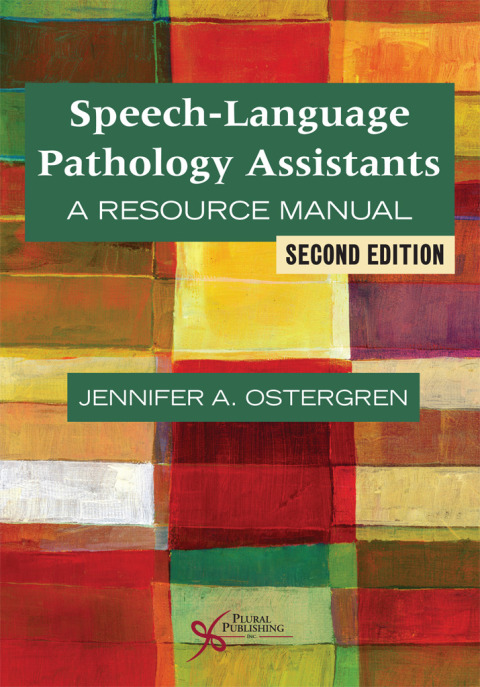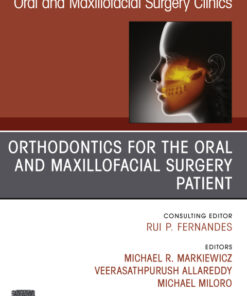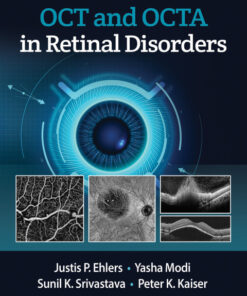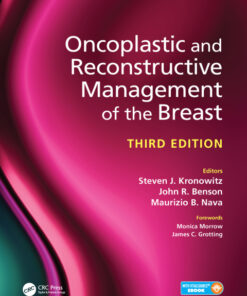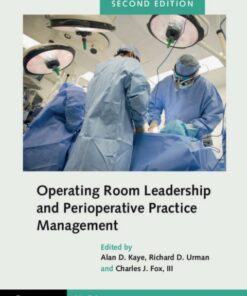Speech-Language Pathology Assistants: A Resource Manual 2nd Edition Ebook (hebook.shop)
$25.00
Jennifer A. Ostergren
Speech-Language Pathology Assistants: A Resource ManualWritten specifically with speech-language pathology assistants (SLPAs) in mind, Speech-Language Pathology Assistants: A Resource Manual, Second Edition, is a practical, easy-to-use manual that can be used by both SLPAs and SLPA educators. The text defines the roles of SLPAs and their supervisors ‘offering additional insight into the scope of practice of an SLPA per current American Speech-Language-Hearing Association (ASHA) recommendations’and includes discussions, strategies, and examples of real-world issues, such as using augmentative and alternative communication (AAC) and working with individuals with autism spectrum disorders (ASD). Also included within the chapters are “Things to Consider” sections, which address important factors and modifications that can enhance the effectiveness of treatment activities. For example, incorporating play, literacy, and speech sound remediation into treatment or modifying the clinical interface to enhance group therapy dynamics for children and adults.
Initial chapters are devoted to specific aspects of an SLPA’s development, such as chapters on ways SLPAs can enhance clinical service through understanding of goals, lesson plans, data collection, and note-writing. Likewise, chapters on professional practice offer insight into ethical problem-solving, presenting a professional image, developing mentoring relationships, working with culturally and linguistically diverse populations, and the use of self-reflection for self-improvement. These chapters are followed by key principles for SLPAs to incorporate in clinical services provided to specific populations and disorders.
This second edition contains relevant updates in the field of speech-language pathology and recent research and references throughout. Included are additional “A Day in the Life” stories of actual SLPAs’their daily activities, rewards and challenges they face, and their words of wisdom to fellow SLPAs. New to this edition are four important chapters applicable to the work of an SLPA. This includes a chapter specific to behavioral principles and the use of positive behavioral supports and intervention (PBIS). New chapters were added in the areas of early intervention and the important topic of language intervention in children’both of which are highly pertinent to the roles of most SLPAs. A chapter was also added to address key principles in service provision for adults with neurologic disorders, including an overview of common treatment approaches for the disorders of aphasia, right hemisphere brain dysfunction (RHBD), cognitive-communicative disorders associated with TBI, apraxia of speech, and dysarthria. Read More ISBN: 9781944883263, 1944883266

